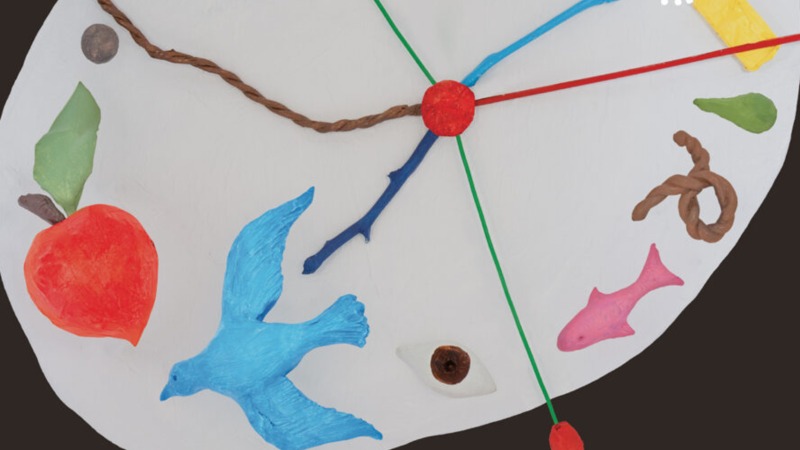Dependability Serves The Beths Well on Straight Line Was A Lie
The Auckland band’s fourth album elevates its usual parts—catchy riffs, sing-along choruses, earnest ballads, ebullient rockers, and Elizabeth Stokes’ lovely, evocative lyricism—with a newfound maturity and expansiveness.

“Straight Line Was A Lie,” the opening and title track from the Beths’ new record, kicks off with a mistake. Three seconds into the propulsive riff, everyone stops, and you hear a band member apologize: “Sorry, I was thinking about something else.” Then it starts up again, and as the crackling midtempo stomper kicks into gear, that tossed-off mea culpa becomes a rallying cry of sorts: This may be a studiously refined pop-rock record, but thematically, it’s about embracing mistakes, welcoming the need to start over—and that’s a good thing.
Four albums in, it’s pretty clear the Beths have earned their stripes. The band has been around for over a decade at this point, and if there are any lingering questions regarding their razor-sharp chops—or singer-guitarist Elizabeth Stokes’ ace songwriting prowess—well, that person probably hasn’t been listening. 2020’s Jump Rope Gazers was mostly about proving that their superb debut, Future Me Hates Me, was no fluke, delivering sugar-coated indie-rock anthems while firming up the Beach Boys-esque harmonies deployed over their Superchunk-meets-a-sock-hop sound. And if 2022’s Expert In A Dying Field wasn’t exactly an evolution, it certainly demonstrated a band who had locked into its style, and was simply proceeding to deliver the goods.
That dependability serves them well on Straight Line Was A Lie. While all the usual parts are here—catchy riffs, sing-along choruses, earnest ballads, ebullient rockers, all of it paired with Stokes’ lovely, evocative lyricism—there’s a newfound maturity and expansiveness to the songwriting and arrangements. The first couple records maintained a rough-and-tumble indie vibe, but as with Expert, things here shift even further into an impressively polished result. Guitarist Jonathan Pearce’s production skills have leveled up to match the ambition of Stokes’ increasingly involved compositions. Far more than anything that’s come before from The Beths, Straight Line is a headphones album, reveling in layers of instrumentation and sonic tinkering that reward close listening.
-

-

-

-

-

-

-

-

-

-

-

-

-

-

-

-

-

-

-

-

-

-

-

-

-

-

-

-

-

-

-

-

-

-

-

-

-

-

-

-








































